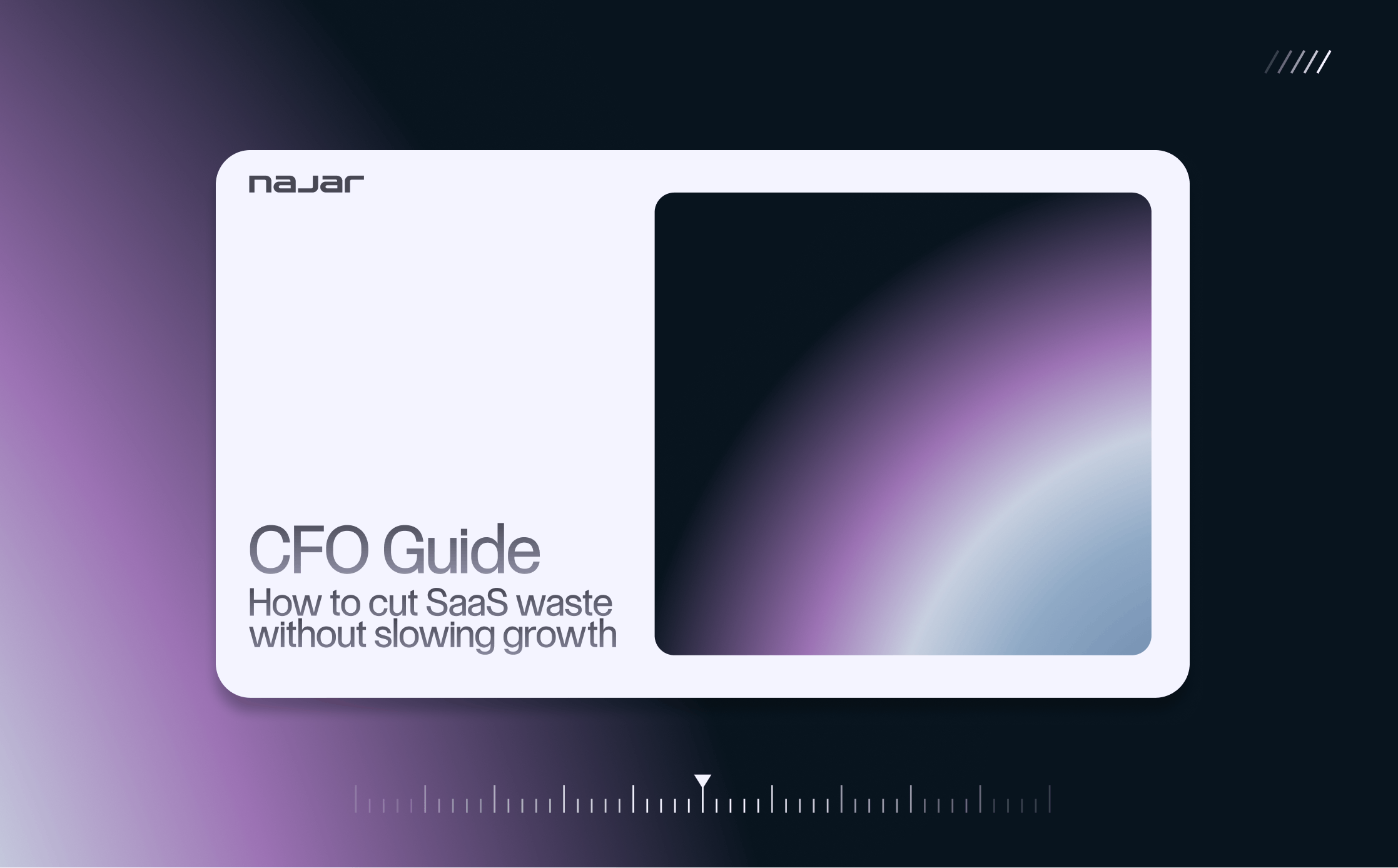Are you a CFO or finance manager, and your SaaS spending is exploding year after year? According to Gartner, you are overpaying by an average of 30% for SaaS solutions.
One solution: have a buyer who will manage these purchases and help you make substantial savings.
But there are a lot of uncertainties, which our purchasing expert guests will answer:
- What is the cost of having a buyer? Will the return on investment be positive?
- When is the best time to implement a buyer?
- What is the best solution, an internal or external buyer?
- How to define the scope and evaluate the buyer?
- Will it add to internal processes?
At the end of this podcast, you will know how to integrate a buyer profile that suits your organization while avoiding common pitfalls.
The podcast is in French only 🇫🇷 Below you will find a summary of the most important elements in English.
You can lock your phone while continuing to play the podcast.
Timeline approximative and key points :
00:00 - 05:00 : Introduction
06:00 - 15:00 : Why a start up should have a buyer ? Why can't a CFO negotiate on his own?
- Cost reduction: A buyer department can negotiate better prices and conditions with suppliers because of its expertise and purchasing volume.
- Improved supplier management: A buyer can evaluate and select the best suppliers, establish clear procedures and communication channels, and monitor and evaluate supplier performance, resulting in improved supplier relationships, quality and delivery.
- Risk management: A buyer can help identify and mitigate potential risks associated with suppliers and supply chain disruptions.
- Increased Efficiency: A buyer can streamline the procurement process and reduce lead times, resulting in increased efficiency and productivity for the organization.
- Improved decision making: A buyer can provide valuable data and information for strategic decision-making within the organization.
- Access to expertise: A buyer can provide access to specialized knowledge and skills that may not be available within the company.
15:00 - 23:00 : When to start working with a buyer?
A large part of turnover for SMEs, is linked to IT purchases.
The right timing to get a buyer was as soon as possible. Another important point discussed was the need to consider external services and expertise for IT purchases, especially for smaller SMEs that may not have the resources for a full-fledged purchasing organization. As the SME grows, it may then consider equipping itself with its own organization.
The speakers also shared tips on how to optimize IT purchases, such as negotiating leases and contracts, and regularly reviewing and updating IT solutions. They emphasized the importance of having a structured and organized approach to IT purchases.
23:00 - 28:00 : What are the blocking points for setting up a purchasing department?
The main blocking points to having a buyer in a startup, are related to the perception that purchasing processes can slow down decision-making and add complexity.
People may also question the need for a buyer if negotiation is the only perceived role. Furthermore, companies may try to avoid implementing a structured purchasing framework in the early stages, instead relying on ad hoc methods to obtain the necessary materials. Another challenge for a buyer in a startup is accessing reliable information and mapping commitments, especially when there are no structured purchasing and corporate services.
28:00 - 34:00 : What advice would you give to a company looking to implement a purchasing department?
To correctly set up a "scoping" phase of a purchasing department, which involves defining what is expected and the potential gains versus the costs.
For example, a junior buyer may will get a range salary of 40-50 K / year while a purchasing manager may be 50-70K/year. Our speakers emphasize the importance of putting costs in relation to gains and considering whether to handle the function internally or externally. In recent years, more purchasing departments are outsourcing certain purchases to companies, particularly when the technical nature and evolution of the purchasing categories don't make sense to handle in-house.
The three questions to ask are: what is expected from the purchasing function, what is the business case, and should it be done internally or externally?
34:00 - 40:00 : How long does it take on average to see the results of a purchasing department?
Here our speaker discussed about the potential for quick wins in purchasing, such as organized negotiations and renewals. They also highlight the importance of medium and long-term strategies for structuring relationships, processes, and decision-making.
Depending on the focus, whether it be financial or risk-oriented, results can come quickly and purchasing can be seen as a profit center rather than a cost center. However, to truly see the value, it may take a year and a half to two years to automate processes and track KPIs.
40:00 - 45:00 : A short conclusion!
If you have any questions, don't hesitate to ask an expert. It will be easier to make a decision if you have the necessary feedback.
To book a Q&A session, feel free to book a time slot here, there is no obligation.
About our guests:
- Geoffroy Naegelen, Director Business Development at GEP, has implemented purchasing teams in large companies with spending in the billions of € each year.
- Philippe Piotrowski, Lead Tech Procurement at ManoMano, with more than 10 years of experience in IT purchasing, he has implemented numerous purchasing teams.
- Vincent Coste, CEO of Najar, a SaaS Procurement solution that allows its customers to benefit from IT purchasing and to save up to 36% on their SaaS expenses.



